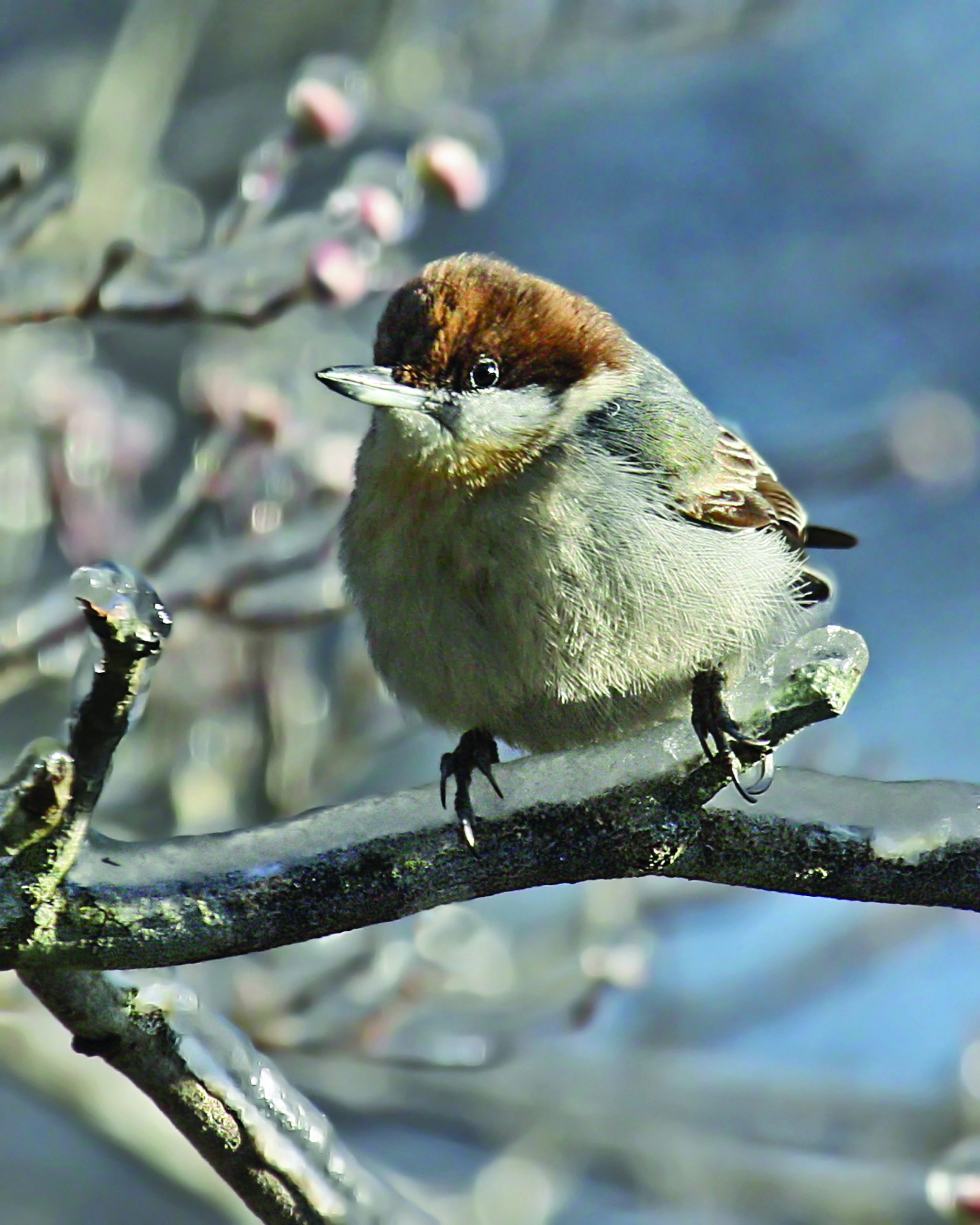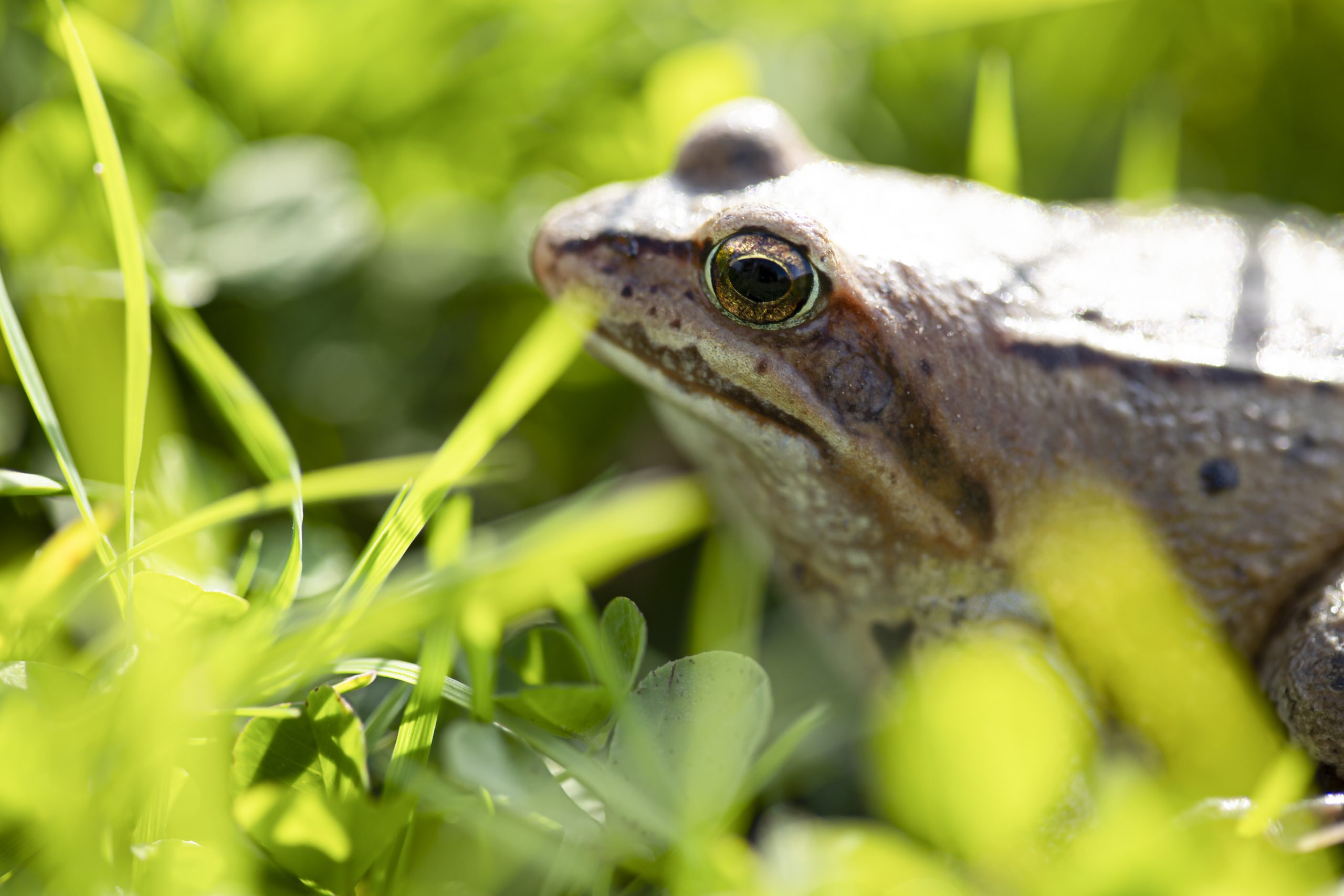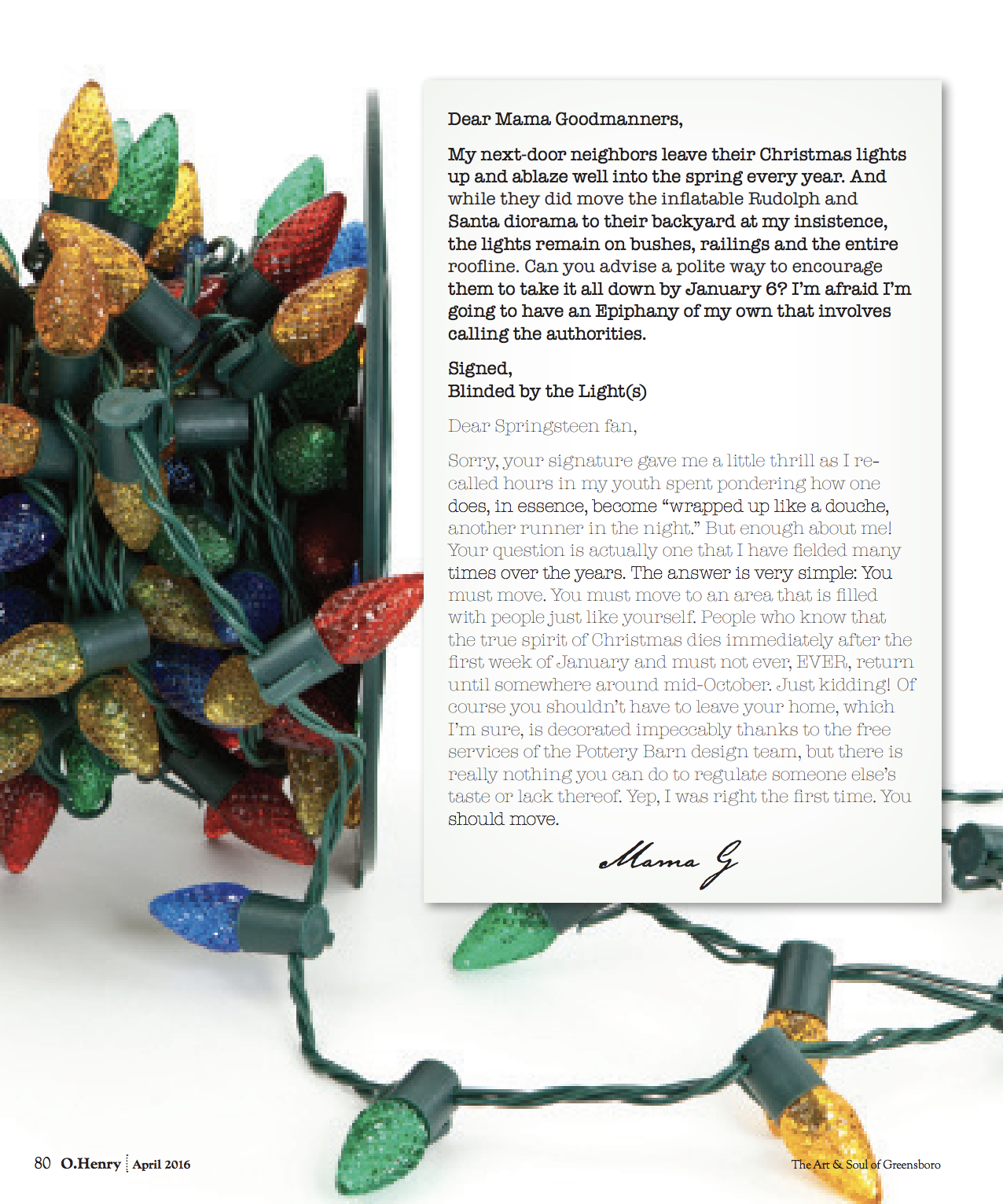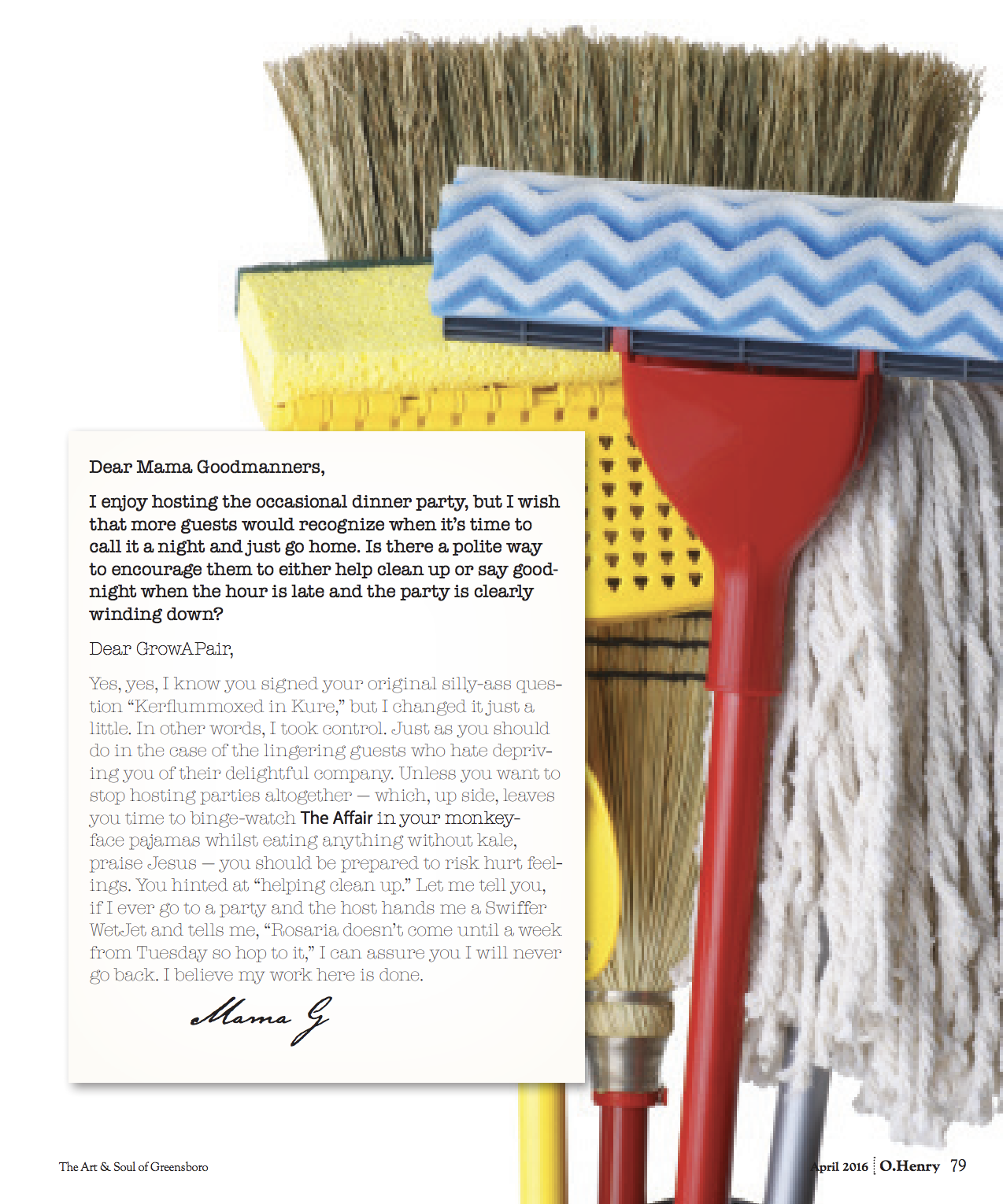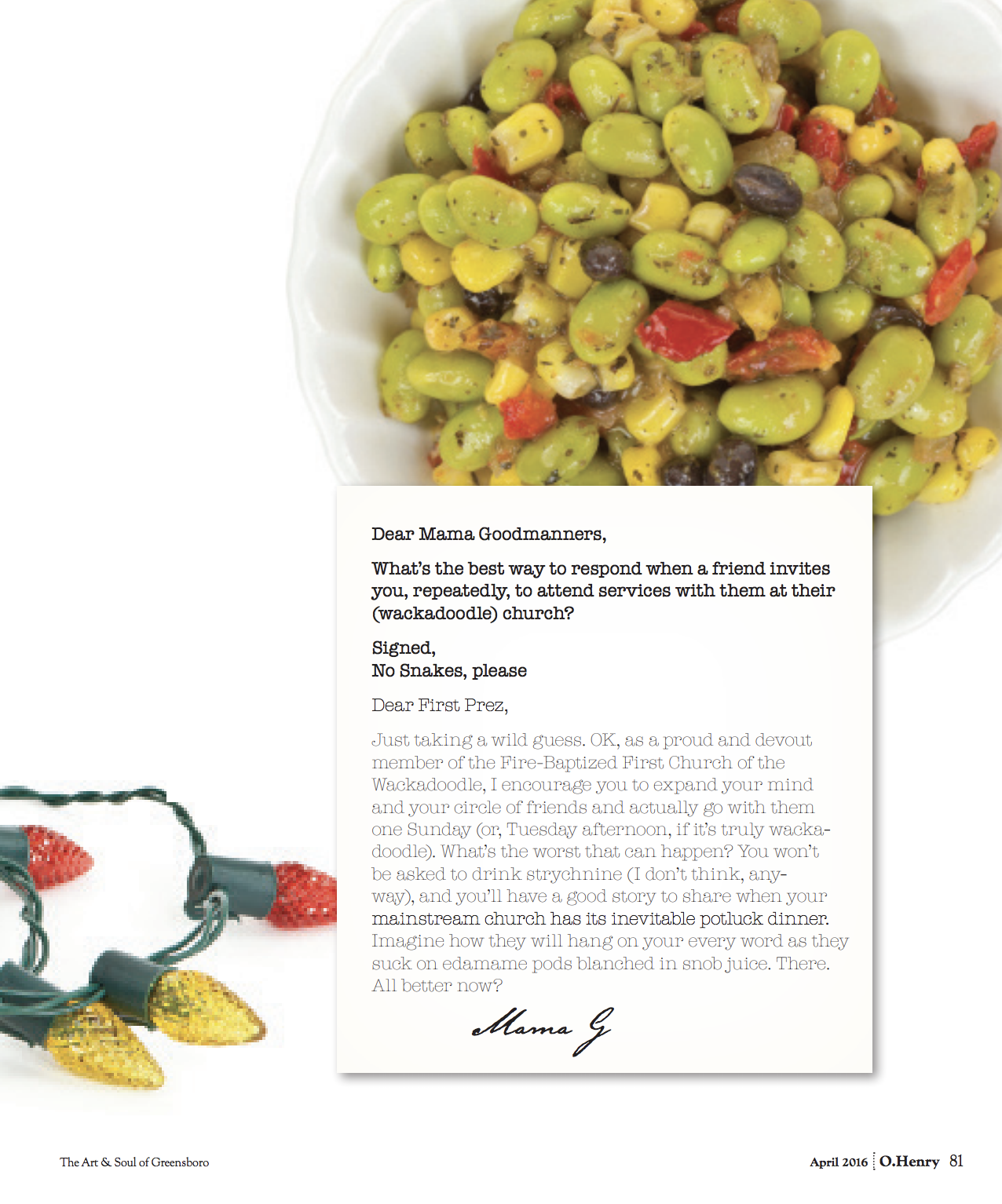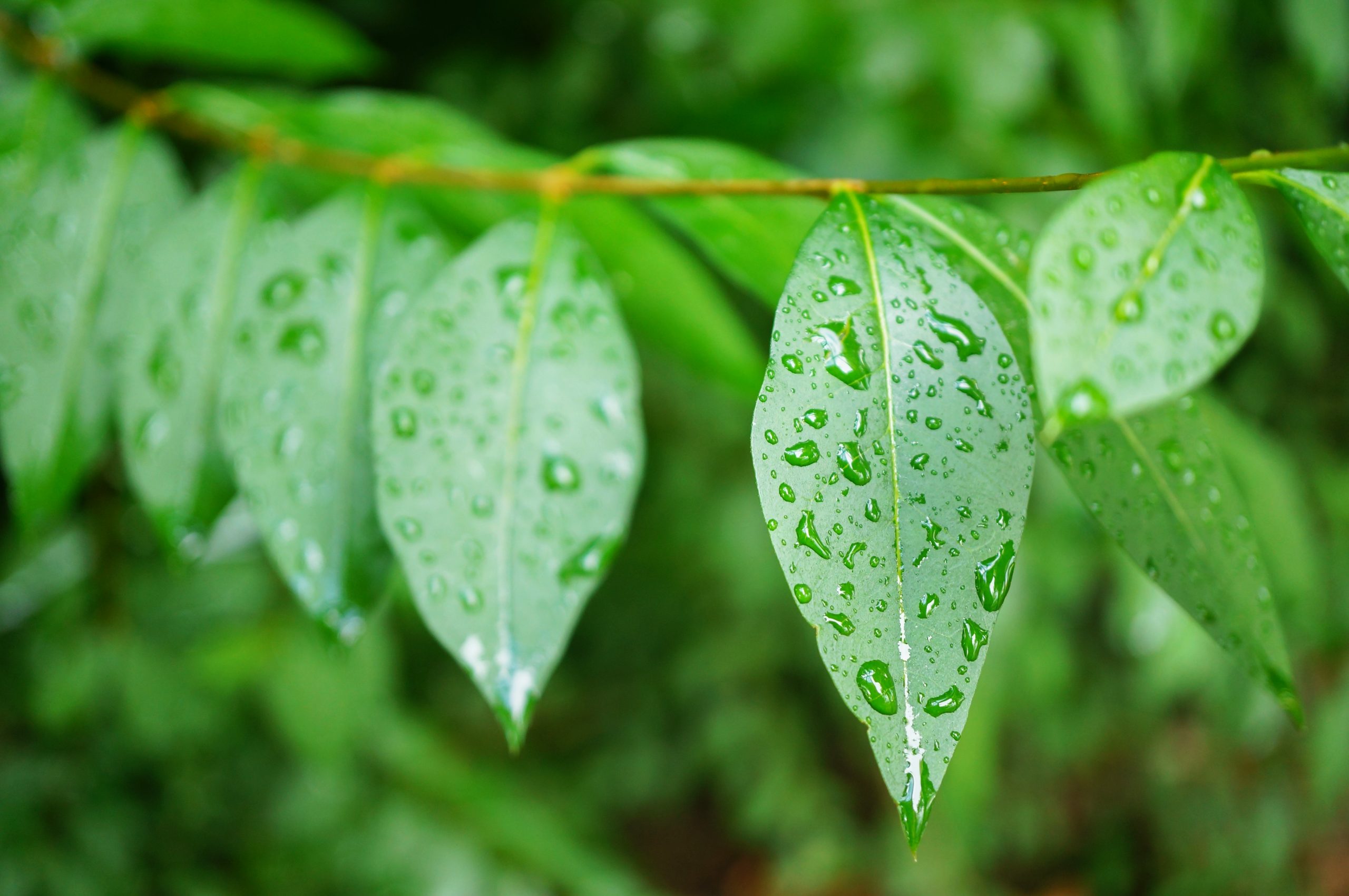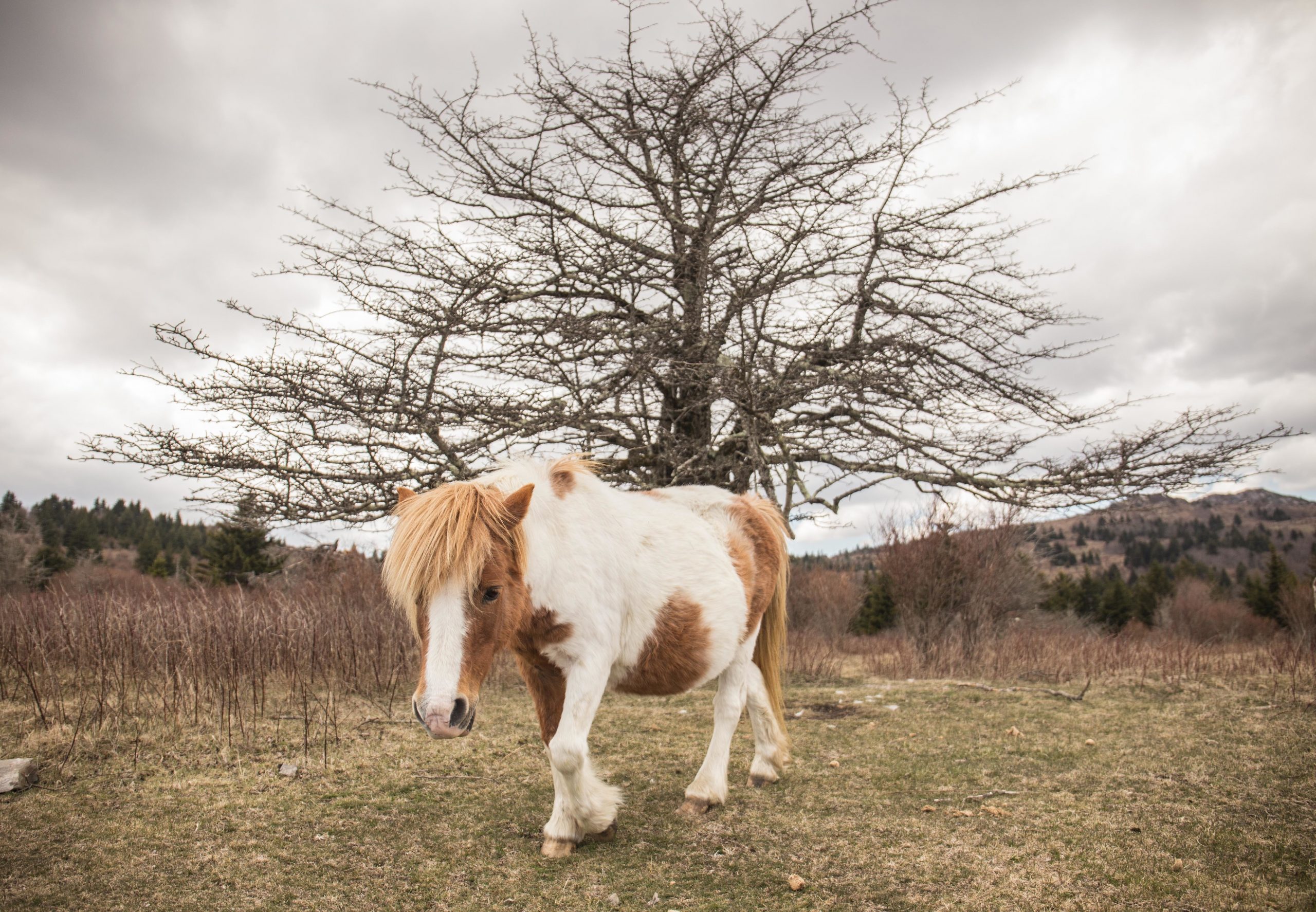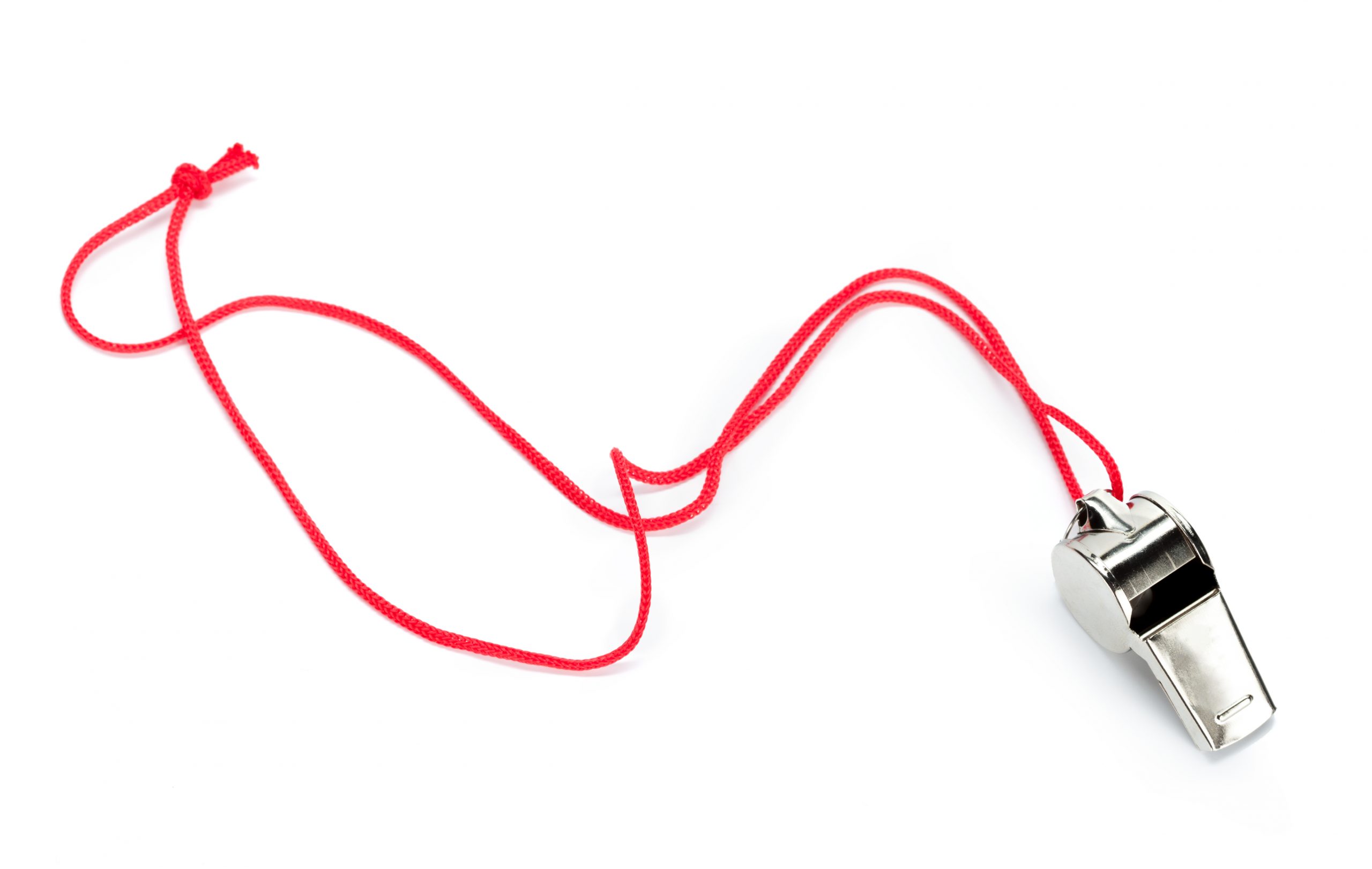Life’s Funny
On Skunk Watch
By Maria Johnson
OK, you know how sometimes your husband is out in the backyard in his sweat pants at 5:30 a.m. because one of your dogs was going crazy at the window, and you let him (your dog) out, and he ran behind the trees, and now you can’t see him, but he’s still going nuts, and you decide that he (your husband) needs to go see what the matter is … ?
And he (your husband) says, “Oh, for gawdsakes,” but he’s a good guy, so he goes outside and looks around, and says he doesn’t see anything, but you — who are standing at the door flapping your hands to urge him on — say, “Go look behind the trees.” And he says, “It’s dark! I don’t want to get sprayed by a skunk or something.” … ?
And you, say, “SKUNK?! There are no SKUNKS around here!” because, sure, you’ve seen dead ones on the road, but you’ve never seen a live one … ? And then a week later, you’re coming down the stairs at about 11 at night, and you happen to glance out the window on the stair landing, and you go, “EEEEEEE!,” and your teenage son goes, “WHAT?” and you point at the street light, and your son rushes to the window to see what you see, which is a skunk ambling from the street into your front yard … ?
And your son starts laughing … ?
And the skunk keeps waddling like, “La-dee-da-da-da just another night in Skunkland.” … ?
And you go, “EEEE!” again because the nonchalant skunk is getting closer to your house … ?
And you run to the side windows and you see the nonchalant skunk walking along the fence like he’s done this before, many times in fact, and he’s looking for the opening, and you go, “Eeeee!” again … ?
And your son goes, “He’s through!” … ?
And it bothers you that your son is enjoying this so much, but now is not the time to discuss it because a nonchalant skunk is RIGHT BELOW YOUR WINDOW … ?
And then you realize the air-conditioning unit is right below your window, too, and the last thing you want to do is alarm a nonchalant skunk that’s right beside the air-conditioning unit … ?And you whisper, “Don’t move! He’s right beside the air-conditioning unit.” … ?
And your son is laughing so hard, it’s really getting on your nerves.… ? And you say, “Go outside and follow him!” … ?
And he says, “YOU go outside and follow him.” … ?
And you regret buying your son all those brain-building puzzles when he was little, and you think about waking up your husband, but you don’t want to have to admit he was right about the skunk thing, so you stand there frozen in skunk fear … ?
Paralyzed because you realize that you are powerless because you can’t order a skunk off your property, and you can’t trap it, and even if you wanted to, you couldn’t shoot it without making a huge stink. … ? And then you think, “Wait a minute. Maybe that’s not a skunk after all because he doesn’t have white stripes down his back. He has a white crown, but the rest of him is all-black, like some badass arch villain.” … ?
And you do an emergency online search for “skunks without stripes,” which sounds a little like a humanitarian organization, and you see that there is such a thing, but it’s a freak occurrence, which means there’s a MUTANT, BADASS, NONCHALANT SKUNK BESIDE YOUR AIR CONDITIONING UNIT … ?
And an hour later, your dogs want out, so you put them on leashes, and walk them into the dark backyard, but you are tiptoeing in a crouch, lest you come face to face with anal glands. … ?
And the next morning, you wake up thinking about your mutant, badass, nonchalant skunk, and you want to give him a name. …?
You want to call him Stinky, but you think maybe that’s not fair because that’s just one aspect of his personality, but then you think, “We’re talking about a damn skunk here.” … ?
And you’re sipping your coffee, and your husband is leaving for work, and as he’s going out the door you say, “Make-it-a-good-day-there-was-a-skunk-in-our yard-last-night-bye.” … ?
And then you’re online again, because you’re wondering why Stinky the BadAss, Nonchalant Skunk was on your suburban street, and you learn that skunks like chicken eggs, and you think of your chicken-keeping neighbors across the street. … ?
And you walk across the street later and ask your neighbor if he’s missing any eggs, and he says no, but he almost stumbled over a skunk when he was out walking one night. … ?
And you say, “What did you do?” and he says, “I got out of there. It was a skunk.” … ?
And you think how skunks rule the world.… ?
And that night, you sit by the front window and keep a StinkWatch. And you ask yourself why, but deep down you know the answer — because his power fascinates you. … ?
And just one more time, you’d like to see him swagger across your front yard like he owns it — because he does. … ?
Don’t you just hate it when that happens?


